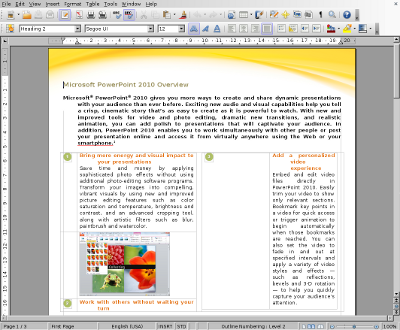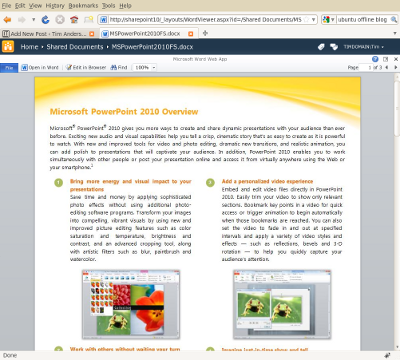Somewhere in the JVM (Java Virtual Machine) is a company field, identifying the source of the JVM. Following its acquisition of Sun, Oracle reasonably enough changed the field in version 1.6.0_21 to reference Oracle rather than Sun.
Unfortunately some applications use the field to vary some command-line arguments according to which JVM is in use. “If Sun JVM do this, if IBM JVM do that.” Eclipse was one of these, so Oracle’s update caused “crashing and freezing issues” for Windows users. There is more information here.
When the problem was discovered, Oracle issued an update that reverts the change. Hence Ian Skerrett at Eclipse has posted Oracle Demostrates Great Community Support and Fixes Eclipse.
The issue demonstrates that almost any software change can have unintended consequences, especially if the software is an application runtime.
Should Oracle have checked for this before release? Possibly; though it cannot check every build against every application on every platform. Still, everyone has done the right thing here.
Will the JVM now say Sun for ever? I would think for some time to come, bearing in mind that companies may standardise on specific Eclipse builds and stay on them for an extended period.




